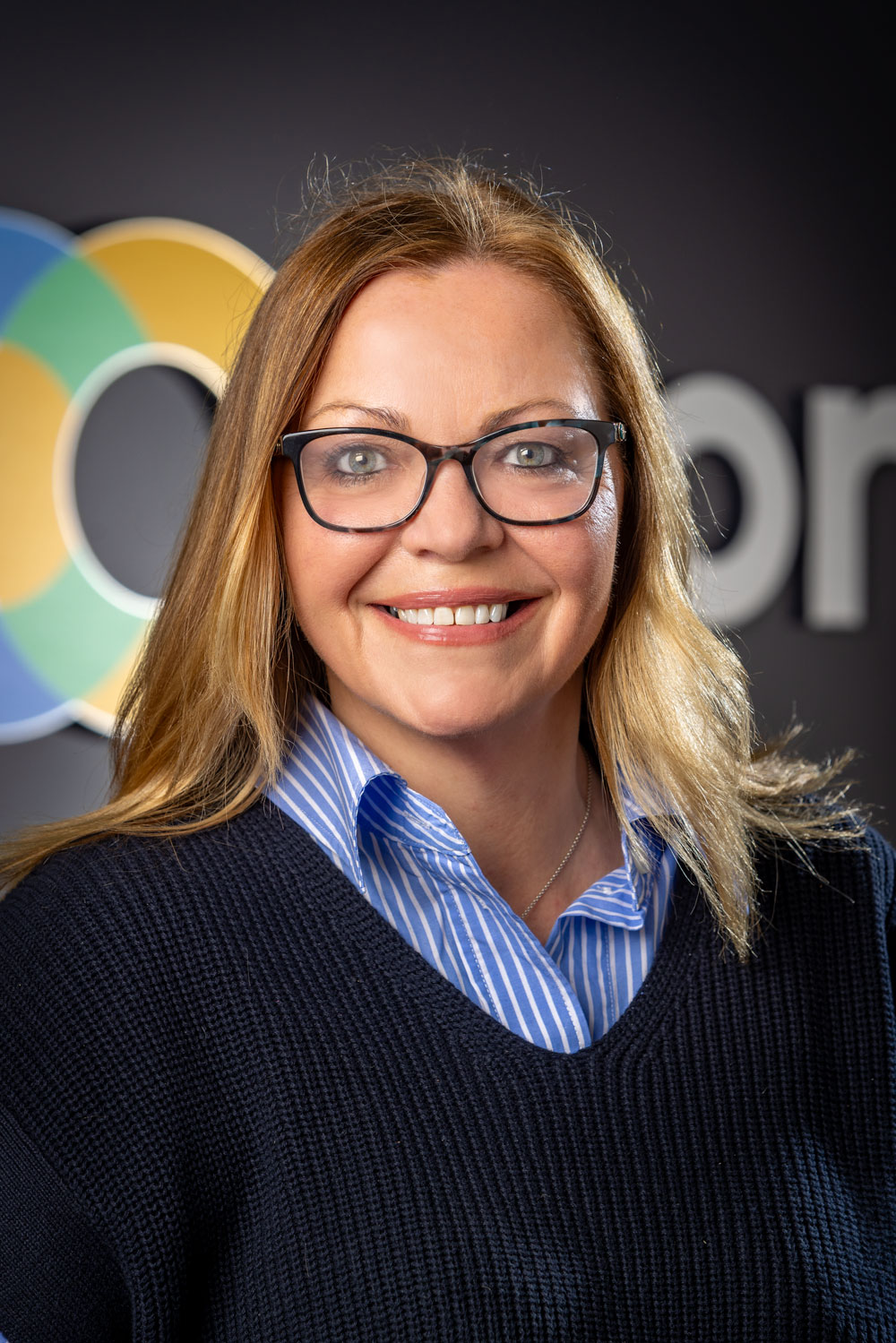Unconscious Bias and Equal Pay in the Energy and Utilities Industry: A Reflection

A reflection six months on:
In April this year the Women in Utilities Network (WUN) unveiled a white paper called Unconscious bias in the utilities sector: what is the reality? This report presented the key findings from a survey, commissioned to gain an understanding of how women are being treated in the workplace and whether their experiences demonstrate unconscious bias.
As an advocate for WUN, I was invited to be one of the panelists at the launch event for the report.
When I began reading the WUN report my attention was particularly drawn to one heading – ‘The credibility crisis: are women being seen but not heard?’ It reminded me of a certain character in The Fast Show, a TV comedy from the 90s. A recurring character called ‘the amazing invisible woman’ worked alongside several men. In every sketch, there would be a problem to solve. The woman would suggest a solution and be ignored. A few seconds later one of the men would repeat what she said and be congratulated. It was hilarious, particularly for women like me because we recognised it and dare I say it, thought this public recognition, albeit in a comedy show, might be a sign that things were getting better. Thirty years on, it appears that ‘the amazing invisible woman’ is still alive and well and working in the utility sector. If you don’t believe me, here are just two of the quotes in the WUN report from women working in the industry today.
‘I say something, it’s ignored. A man says the same thing, it’s a great idea and he gets credit, this has happened too many times to even list’.
‘My opinion will generally be sidelined-and reappear as a male colleague’s good idea a few days later.’
These comments plus the fact that in 2024 we still need a National Equal Pay Day, shows that women are still being overlooked in the workplace and a reason for this may be unconscious bias.
So what does unconscious bias mean? The report neatly sums up the term as a ‘mental shortcut’, that can lead to (often incorrect) snap judgements. The mental shortcuts may be based on gender, race or other individual characteristics and can often lead to judgements about a person’s competence or character – or preconceptions about their interests and behaviours. This mix of judgements and decisions will undoubtedly influence behaviours in the workplace that can quickly become particularly harmful and obstructive to a woman’s career. The key takeaway for me from the launch event was the recognition from all of us in the room that we are all guilty of this and mostly aren’t even aware that we are doing it.
The report assesses the impact this is having on the industry. Almost a third of women who were surveyed say that they are looking to leave so if we fail to address bias in our workplaces, it is almost certain that growth and innovation will suffer as a result.
Fortunately, the report does highlight key actions that we can take to reduce the impact of unconscious bias, for example, changes to the recruitment process to encourage mindful decision making, and my personal favourites: to promote advocacy to actively support women and to hold others accountable.
As I reflect six months on from the release of the unconscious bias report and with the recent focus on National Equal Pay Day, it reminds me of another sketch from The Fast Show called ‘Women Know your limits!’. It is a dinner party discussion on economics and the gold standard which involves women being dismissed and mocked when attempting to contribute their opinions. Admittedly it’s funny because they’re mocking stereotypes from the old days. But how much has it changed, really? I would advocate the complete opposite – ‘Women – the sky’s the limit!’ and that’s why I continue to advocate for women in the utilities sector and support the WUN and its vision “to create ‘a utilities sector where women join, stay and thrive”
– References:
– – Unconscious bias in the utilities sector: what is the reality? Women In Utilities Network
– – The Invisible Woman – The Fast Show
– “Women Know your limits” – The Fast Show
Lucy Ritchie, WUN Advocate & Business Development Lead,Correla.